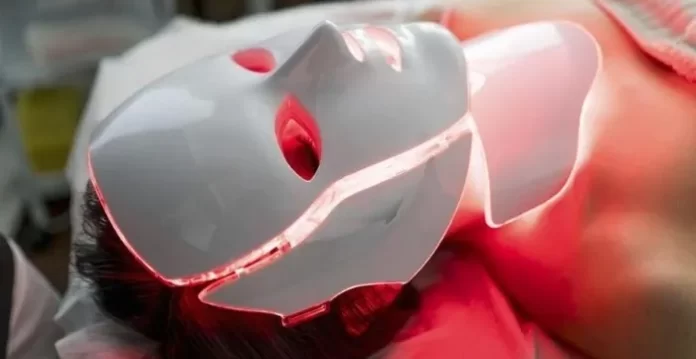Gaining weight can have serious health implications, so it’s essential to identify trustworthy treatments for shedding pounds. Alongside a well-balanced diet and consistent exercise, your medical advisor might suggest an array of other approaches.
Different Approaches to Weight Management
Here’s a breakdown of several tactics that can aid in controlling weight.
Nutritional Selections
Weight gain is usually linked to consuming more calories than are burned off. Foods rich in sugar and fructose often contribute to this. Switching to high-fiber foods and whole grains can help you feel satiated sooner, reducing the chances of overindulging. These choices also offer sustained energy and can lessen the effects of metabolic syndrome, a precursor to heart diseases and Type 2 diabetes.
Red Light Treatments
Red light treatments can support weight reduction by:
Energizing Cells and Boosting Metabolism: The mitochondria absorb photons, leading to increased energy and cellular metabolic rates. Promoting Collagen: Stimulating fibroblasts through red light treatments can firm up the skin and diminish cellulite visibility. Enhancing Skin Elasticity: Increased elastin levels make the skin appear more youthful and flexible.
Anti-Inflammatory Food Inclusion
Eating anti-inflammatory foods can help reduce fluid retention in tissues and improve skin conditions. Steering clear of fried foods, sugary drinks, and processed carbohydrates can also help you avoid gaining abdominal fat.
Regular Physical Activity
Being physically active is a proven method to burn off calories and fat. You can stay active through various means—be it running, swimming, or even engaging in household chores. If you’re new to exercising or have medical conditions, consult your healthcare provider before starting any new fitness routine.
Coffee Scrub Applications
Though no topical solution can magically make cellulite disappear, a coffee-based scrub may help in smoothing out uneven skin at a low cost.
Weight Loss Surgeries
For some individuals, especially those with a BMI over 30, surgical options like gastrectomy may be considered. These surgeries typically limit stomach size and bypass certain sections of the small intestine, thereby reducing calorie absorption.
Doctor-Prescribed Medicines
Certain weight loss medications like Xenical might be prescribed under specific circumstances. It’s crucial to follow your healthcare provider’s guidelines when taking these medicines, as they could have gastrointestinal side effects.
Hormonal Treatments
New studies indicate that hormonal therapies could be effective in addressing obesity. However, as research is still in progress, the risks and advantages of such treatments are not yet fully understood.
In conclusion, there are many avenues for facilitating weight loss—from dietary adjustments and exercise to specialized therapies like red light treatment and medications. For personalized recommendations tailored to your needs, it’s best to consult healthcare specialists.




























